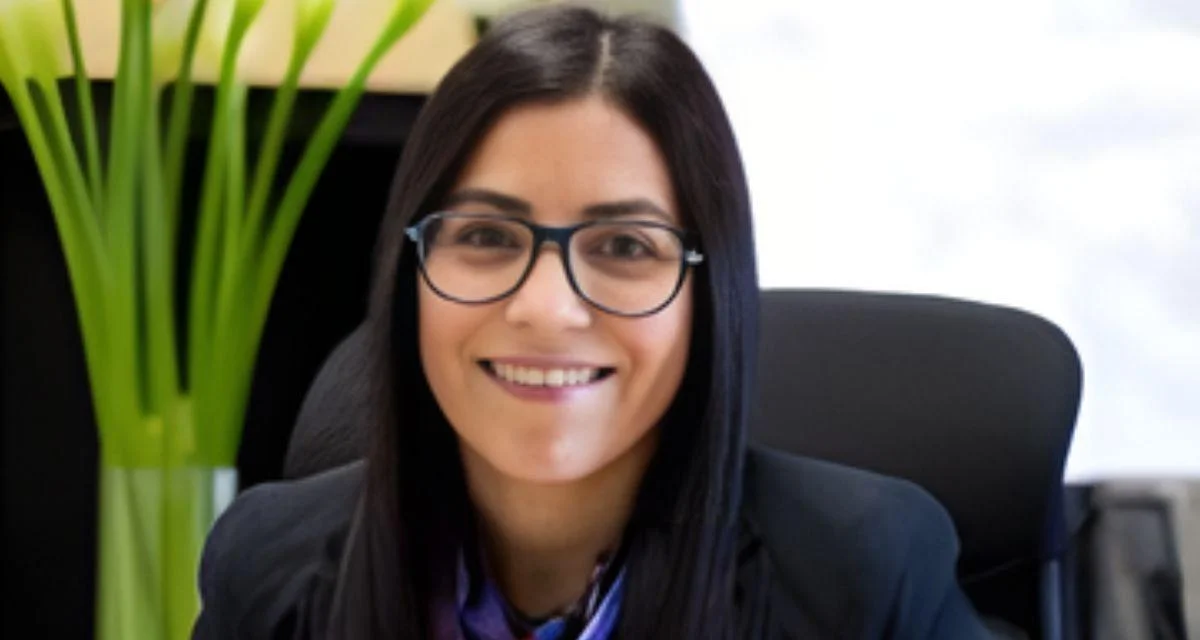The Center for Teaching, Learning, and Educational Technology (CEAT) at Universidad Rafael Landívar held its First International Teaching Congress virtually on October 30. The event brought together speakers from Guatemala, Mexico, Colombia, and Peru to discuss innovative educational practices and share experiences aimed at strengthening pedagogical transformation and academic excellence.
More than 400 teachers participated live, representing the university's nine campuses as well as members of the Jesuit Education Network in Guatemala (EJEGUA) and educators from institutions in Guatemala, Mexico, Honduras, El Salvador, Colombia, the Dominican Republic, and Peru.
Dr. Martha Pérez de Chen, academic vice-rector at Universidad Rafael Landívar, opened the event by emphasizing the importance of creating new spaces for teacher training within the framework of implementing the university's educational model. She stated that realizing the profile of a graduate from Universidad Rafael Landívar "requires active commitment both from teachers and other key actors in this process."
Christian Marroquín, director of teacher development at CEAT, thanked the teaching community for their support over CEAT’s five years. He encouraged continued innovation in every course as part of a commitment to transformative education.
Workshops facilitated by CEAT over its five-year history were highlighted during the congress. These workshops have focused on methodologies such as problem-based learning, challenge-based learning, and team-based learning.
Nathaly Esquité from CEAT began the series of presentations that provided a platform for exchanging knowledge in education.
The opening lecture was delivered by Deivy Cordero from Universidad Antonio Ruiz de Montoya (Peru), who discussed the evolution from instructional design to techno-pedagogy. He said: “Instructional design taught us to plan teaching, but techno-pedagogy challenges us to design learning.”
Other international experts also presented. Fray Martínez Páez from Universidad del Rosario (Colombia) spoke about interculturality as a path toward more inclusive educational experiences. María Fernanda Jiménez (president of POTENCIARE in Guatemala) discussed universal design for learning as a tool to turn barriers into opportunities. Christian Marroquín addressed artificial intelligence in education with an emphasis on ethical and pedagogical use.
Laura Bárcenas from Universidad Iberoamericana de Puebla (Mexico) presented on competency-based curricula and encouraged participants to move beyond communication and transmission of knowledge toward developing students’ abilities to meet modern challenges. David Baldeón from Universidad Javeriana de Cali (Colombia) concluded with a presentation on using games as an active methodology to transform learning and promote motivation among students.
A panel discussion moderated by Dennis Guzmán of CEAT featured several academic authorities from Universidad Rafael Landívar: Dr. Juan Pablo Escobar (Dean of Humanities), Dr. Julio Cardona (Director of Innovation and Educational Quality), Paola Soto (Director of Graduate Programs in Economics and Business Sciences), and Dalila Córdoba (faculty member). Panelists reflected on the role of teacher training within their departments and its impact on educational quality and student support.
María Fernanda Montenegro closed the event by highlighting three key themes: designing with awareness, innovating with purpose, and learning through diversity.
The congress marked a significant opportunity for faculty at Universidad Rafael Landívar to exchange ideas across different contexts while reinforcing collaboration among campuses during CEAT’s fifth anniversary.

 Alerts Sign-up
Alerts Sign-up